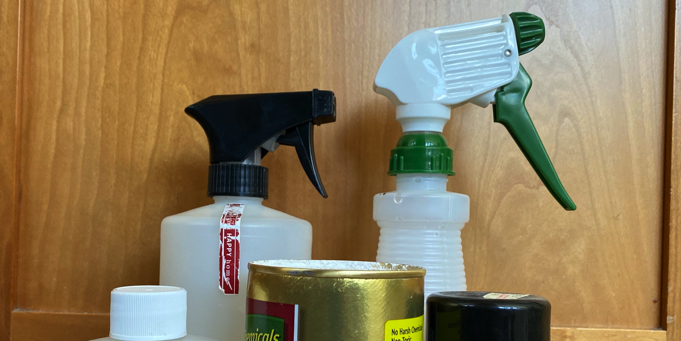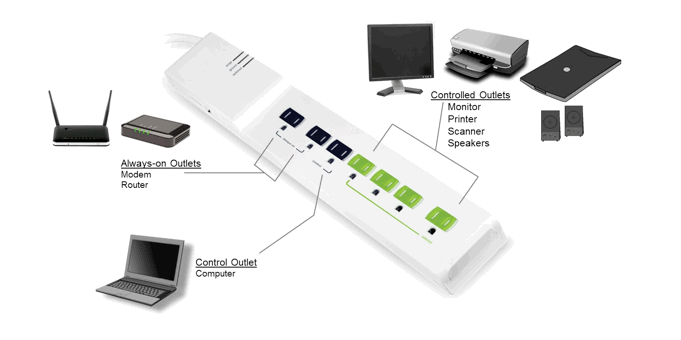If you aren’t ready to shut down and unplug your computer, make sure it goes into sleep mode when not being used. This can save you up to $75 every year. You can find this option in your computer’s settings. … Read More
Category Archives: Tip of the Week
The school year begins in a few weeks and shopping for school supplies looms large for many families. Before you reach for new, take a good look at what you already have and can reuse. It can be a teaching … Read More
Depending on your cooling system, cooling your home can have a big impact on your energy use and drive up your bill. If you’re looking to cut costs and save energy, try the Cooling Cost Calculator by Eversource. You’ll be able … Read More
This summer has been hot and dry, and most of Massachusetts is now considered to be in a drought. Let’s do our part to conserve water with these easy water saving steps: Use water left over from meals and water … Read More
It’s going to be an extra hot week! With or without an air conditioner, try these tips by the Boston Globe to keep extra cool. Freeze your sheets. Run a fan over a frozen bottle of water. Keep lotions and … Read More
The average household in the US contains 15 pounds of hazardous products such as pesticides, cleaners, paints, and other chemicals. Using and disposing of these products properly is crucial to maintaining the health of our bodies and our environment. The best … Read More
Paint can make a space beautiful and unique. There are many types of architectural paints and coatings on the market and this Environmental Protection Agency webpage provides some resources to help you choose a safer and greener option. Sustainability Considerations* … Read More
Electronics account for approximately 12 percent of the total electricity used by the average U.S. household. Did you know that plugged-in electronics continue to use electricity even when turned off? This wasted energy is called standby power loss (or “vampire … Read More
Most personal care products on the market today are made with chemicals that were introduced several decades ago. Since then, scientists have found that many of these chemicals are related to cancer, asthma, birth defects and fertility problems. Some of … Read More
Gardening season is growing strong, and with that comes many discarded plastic pots. Sadly, most of these pots cannot be recycled at the Material Recycling Facilities (MRFs) in Massachusetts, to which Newton sends its recyclable materials. The optical sorters that … Read More












Recently on Twitter